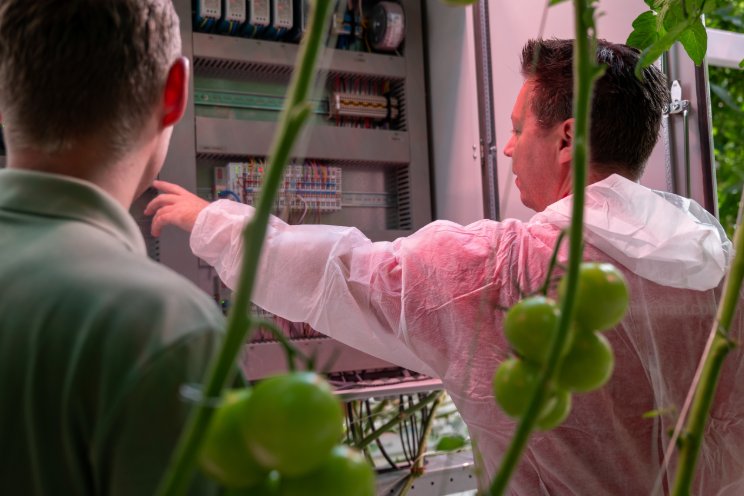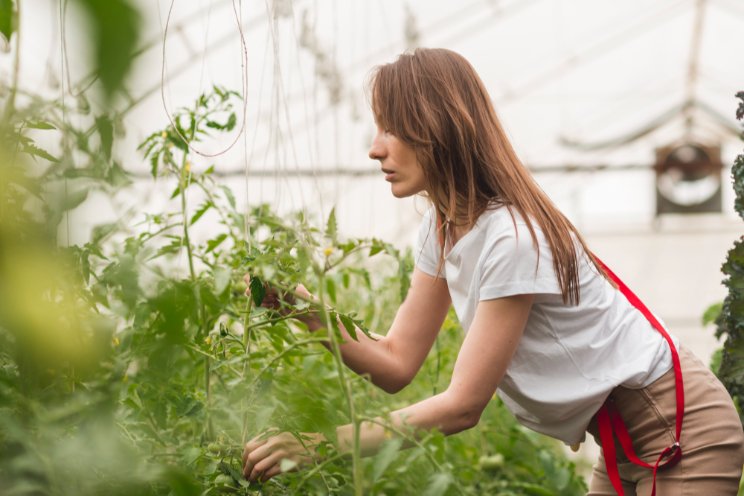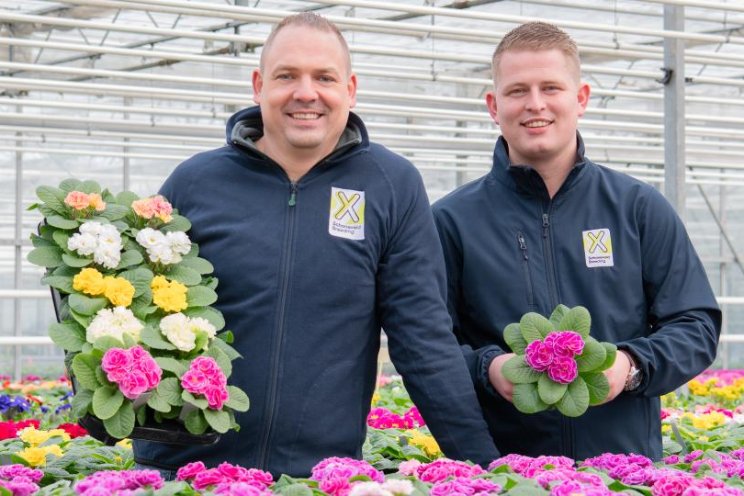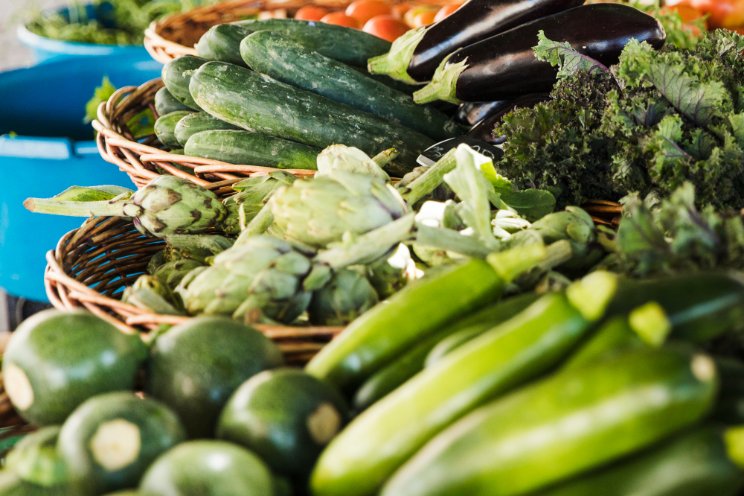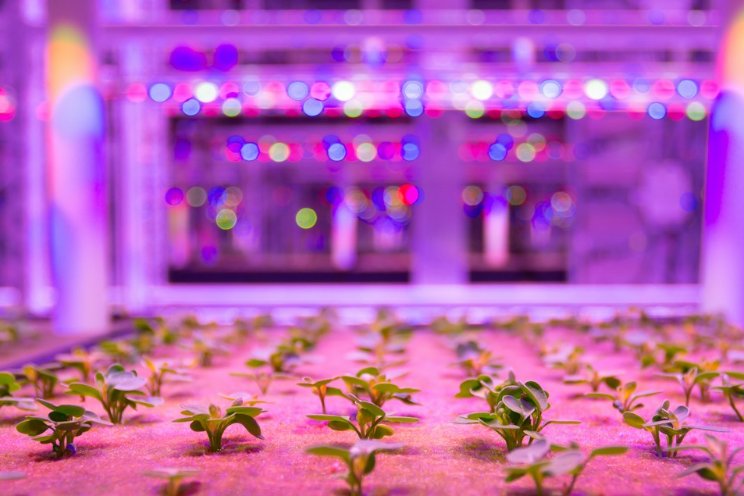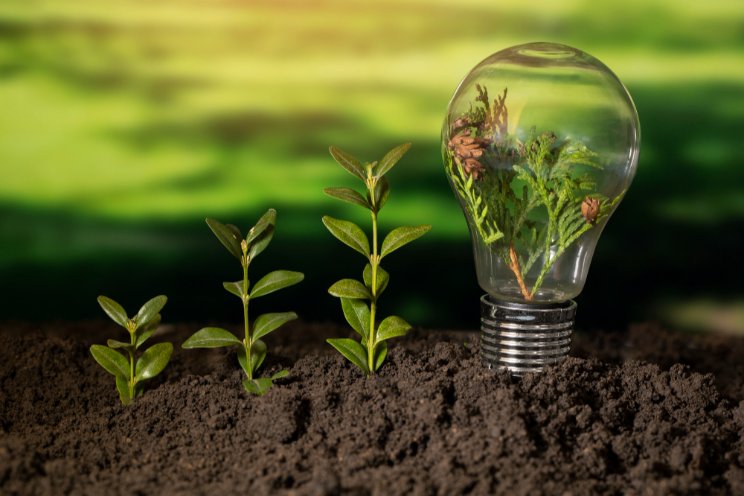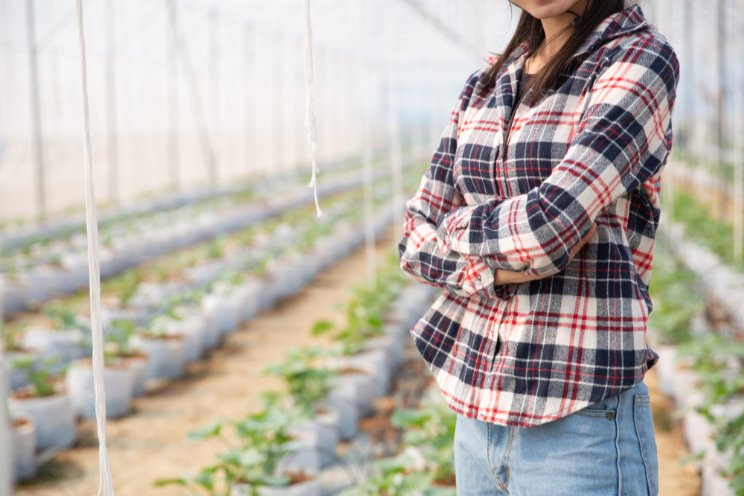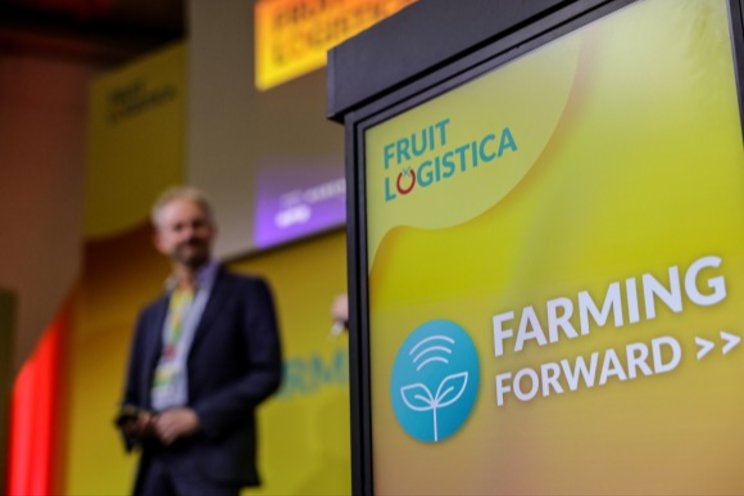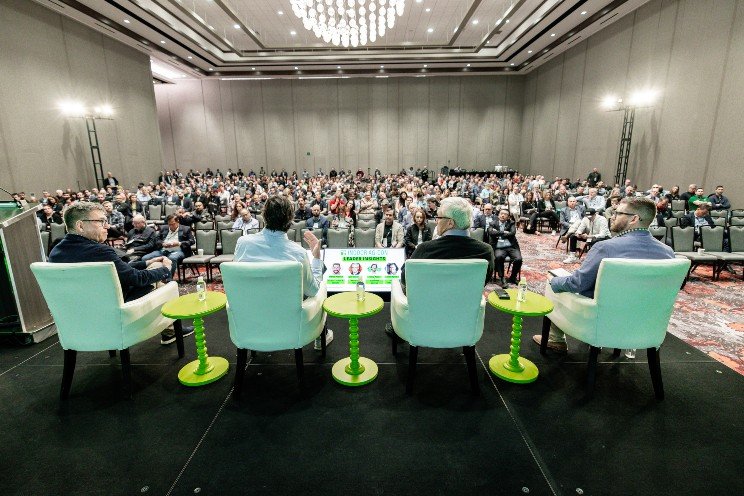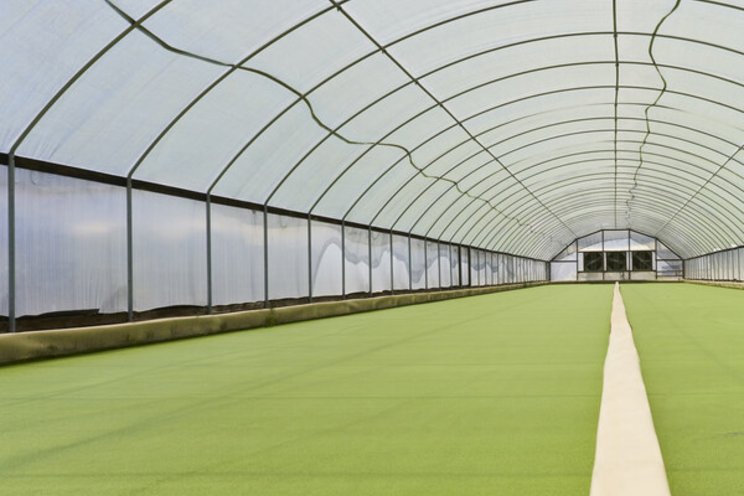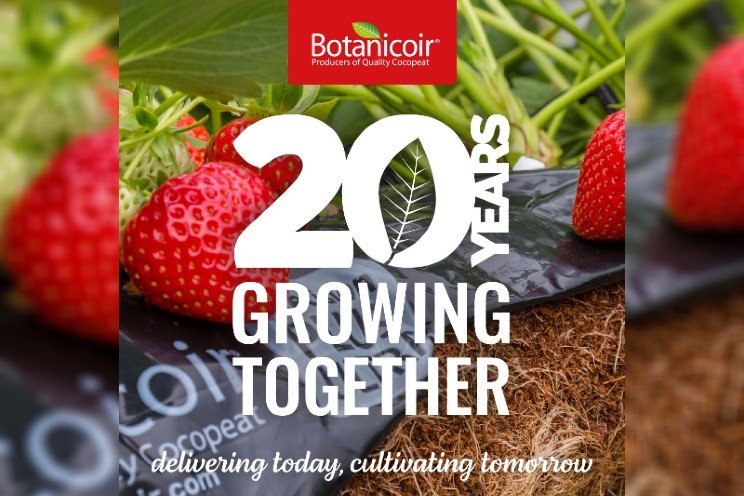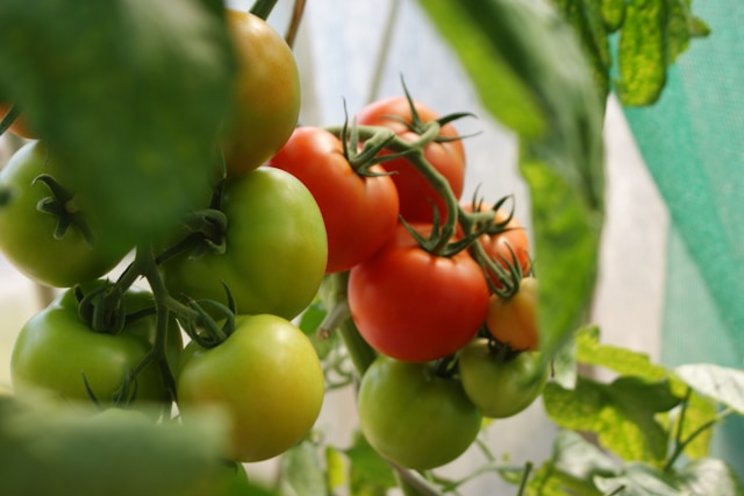Futuristic vertical farm to bring fresh produce
Added on 24 March 2021

Click here to watch the short video.
Video Transcript
- When we talk about farming, we don't often think of Compton. But the future of farming could soon be coming to life there. A company is building a massive vertical farm that would save water, land, and eliminate the need for pesticides. Our Jovana Lara has this ABC 7 solutions report.
JOVANA LARA: It is still under construction, but when this unassuming 95,000-square-foot warehouse is up and running, the inside will look like something out of the future-- rows of vertical crops with robots--
NATE STOREY: These are kind of a new version of the tractor.
JOVANA LARA: --and LED lights replacing the sun.
NATE STOREY: One of the cool things about vertical farming is it takes farming out of the country and brings it into the city.
JOVANA LARA: It's called vertical farming, and the creators of this operation say it has the capacity to produce 365 harvests per year of high quality leafy greens.
NATE STOREY: From day one, it's perfectly controlled. We don't spray any pesticides. There's no birds flying over our field pooping on the produce. There's nothing to wash off. It's usually not touched by human hands ever. And so we have a safe, clean product that is ready to eat right out of the package.
JOVANA LARA: Dr. Nate Storey is cofounder and chief science officer at Plenty, the company behind this high tech effort to create scalable, indoor vertical farms. The first Plenty farm opened in south San Francisco in 2018. This facility is right here in the Southland, in Compton.
NATE STOREY: It's a community that I think is going to really enjoy both the jobs that we're bringing and opportunity to engage in agriculture. It's part of their tradition.
AJA BROWN: To have a vertical farm that has the ability to produce organic fresh fruits and vegetables with little space and little bit of water is just incredible. And I believe that their mission to really combat food insecurity is just right in line with our vision that we have for Compton.
JOVANA LARA: Kale, arugula, fennel, and bok choy will be the first crops grown at the Compton warehouse. 420 SoCal grocery stores are already on board for regular deliveries, Albertsons among them. And Plenty hopes to deliver direct to local restaurants. The end game, they say? To get more fresh produce to consumers, especially those in communities with limited access.
NATE STOREY: It's definitely tasty. It's definitely delicious. But the reality really is that there isn't enough land on this planet to grow all the food for all the people, so we have to figure out a better way to grow food. And we have to do it without taking more land, without taking more water, without taking more trees, without taking more wildlife, without taking more habitat. And so to that end, indoor farming is an opportunity to do that.
JOVANA LARA: Plenty wants to build 500 vertical farms around the world, but the focus now is on the Compton facility. Delayed by the pandemic, it is scheduled to deliver its first crops in early 2022.
Header Photo: Screenshot from the video on Abc solutions news
Source: Yahoo news
Source: Yahoo news
More news
